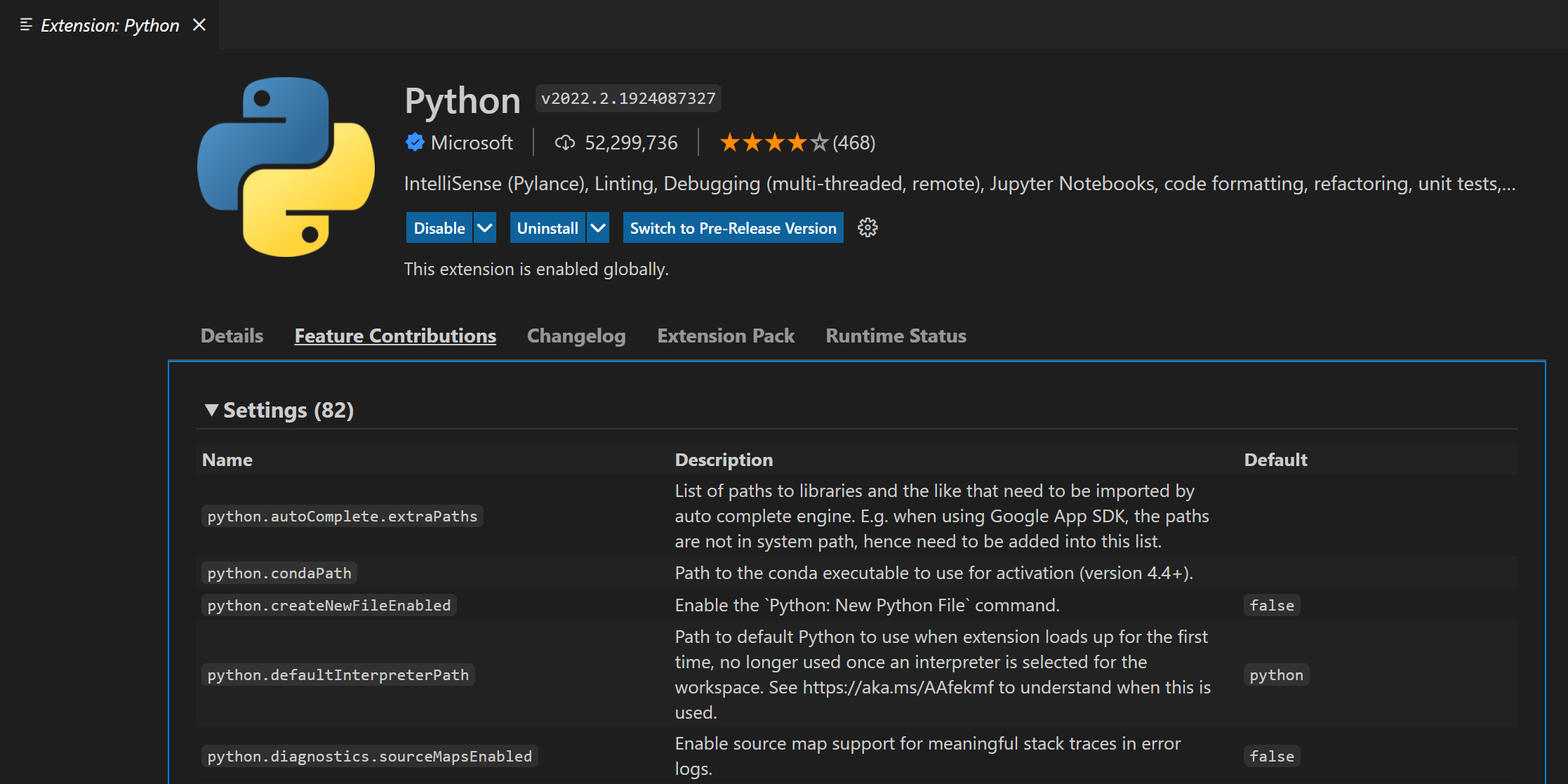

In those cases, you can use IWorkspaceSettings itself as the type argument.Trying out Webstorm again and while some of the features are powerful the one thing that keeps driving me back to VSCode is the ability to have a monorepo with multiple projects inside of it with the root folder still accessible. json files, many invocations will use string, bool, int, and arrays of those types. The GetProperty methods and WorkspaceSettingsExtensions extension methods expect the caller to know the type of the setting value being requested. This object holds the settings for a particular type, and can be queried for setting key names stored as string. The result is an instance of IWorkspaceSettings. "Global settings", which is in a user directory.All further parent directories up to and including the workspace root.The parent directory of the requested path.

"Local settings", which is typically the workspace root's.Scope aggregation priority is as follows: When a consumer calls GetAggregatedSettings, all the scopes that include the requested path and type of setting are aggregated.

code-workspace file is not a project file. The power of workspace settings centers around "scopes", which are simply paths within the workspace. In the dialog that appears, you determine where you want to save a file with an extension of. json files, such as VSWorkspaceSettings.json and tasks.vs.json. Settings for most SettingsType types are. For a basic overview of settings, see Customize build and debug tasks. Workspaces have an IWorkspaceSettingsManager service with simple but powerful control over a workspace.
Consumers should use GetServiceAsync or an extension method you provide on the IWorkspace type.ĭo not author services that conflict with Visual Studio. Your extension may offer a workspace service for components within your extension or for other extensions to consume. Extension methods on IWorkspace are available for the services provided by Visual Studio, such as GetFileWatcherService. In contrast, extensions can get instances of and interact directly with workspace services. Second, some scenarios allow for many providers to contribute to a request while others scenarios use the provider with highest priority. The workspace will match a consumer's request to the providers whose metadata align with the request. The data might be symbols for a C# source file or build file contexts for a CMakeLists.txt file. First, providers typically have some narrow set of data they create. The workspace is the entry point to get data from providers for a couple reasons. For example, a workspace has many file scanner providers but the workspace has only one indexing service per workspace.Īnother key difference is consumption of data from providers and services. A workspace can have many providers of a particular type, but only one service of a particular type is created per workspace. One difference between providers and services is their relation to the workspace. All export attributes implement IProviderMetadataBase or IWorkspaceServiceFactoryMetadata, but there are concrete types that extensions should use for exported types. They might provide contextual file information, symbols in source files, or build functionality.īoth concepts use a factory pattern and are imported through MEF by the workspace. Workspace providers and services provide the data and functionality to react to the contents of a workspace. The producers are composed through the Managed Extensibility Framework (MEF) using various export attributes. Rather, it provides a general set of APIs for features and extensions to produce and consume data that others can act upon. By itself, the workspace doesn't understand the contents or features related to files within the folder.
Visual studio code workspace for mac#
Applies to: Visual Studio Visual Studio for Mac Visual Studio CodeĪ workspace is how Visual Studio represents any collection of files in Open Folder, and it's represented by the IWorkspace type.


 0 kommentar(er)
0 kommentar(er)
